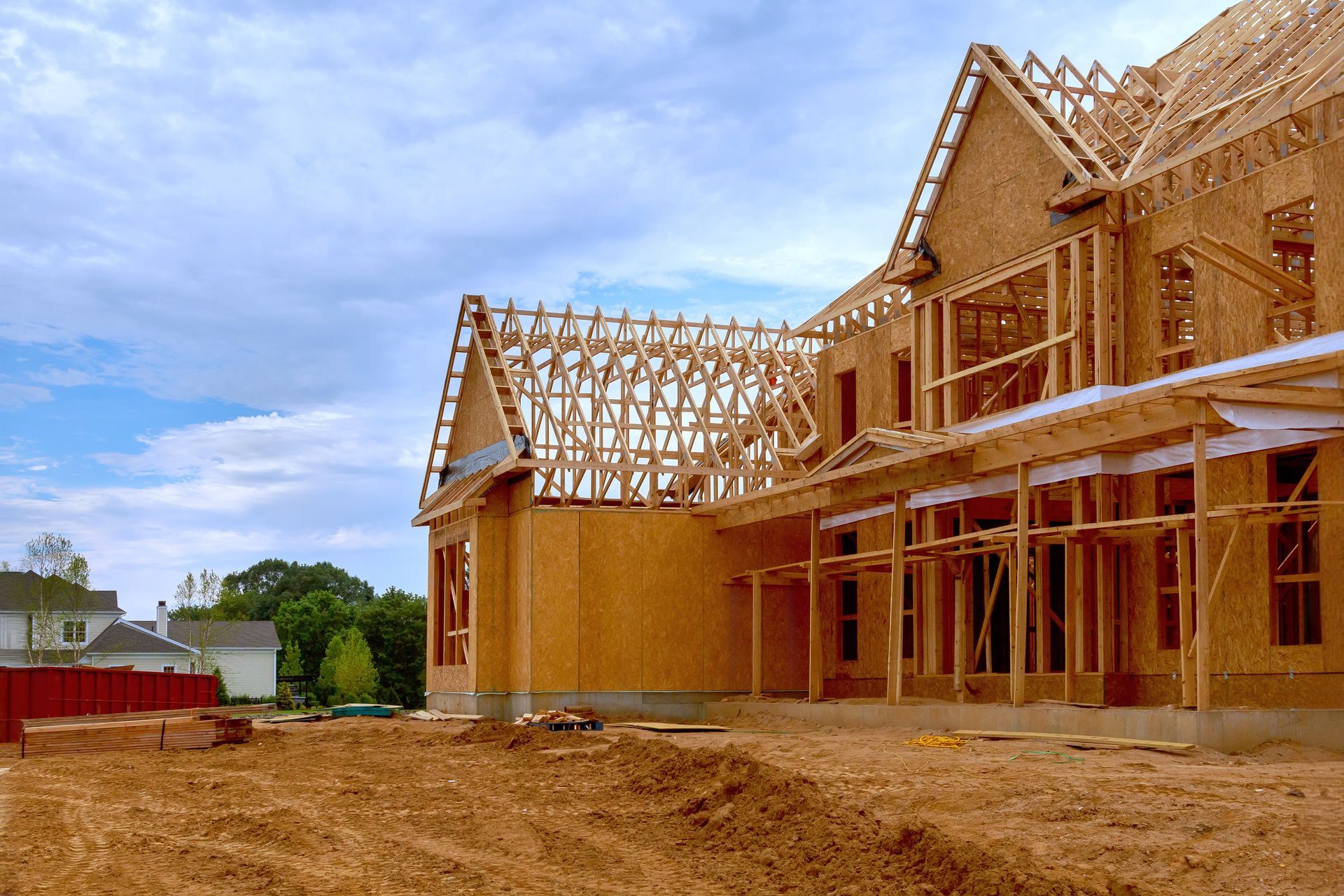What Causes a Hot Water Heater to Stop Working?
The most common causes of water heater malfunctions include:
Minerals
If your water has too much sediment, it will accumulate within the system over time. When it reaches a critical mass, it can interfere with the water heater’s heating elements.
Broken Thermostat
If the thermostat is not functioning properly, the water heater may overheat or fail to heat at all. This may not mean you need to replace the water heater, but it will be important to address it sooner.
Leaks
Leaks in a water heater can damage the surrounding components, potentially causing it to slow down or shut down altogether. If your water heater tank is leaking from the bottom, it may indicate that the underside has rusted and weakened, requiring replacement. Water heater leaks can also cause extensive property damage if not corrected immediately.
Element Failure
The heating element is generally resilient against everyday stress but is not immune to burning out. If this occurs, the water will fail to heat.
Rod Failure
The anode rod is the mechanism that prevents rust from chipping away at the water heater tank. Should it fail, your tank may become damaged or begin to leak.
Broken Pilot
If the pilot light is continuously going out or won’t light at all, it won’t be able to light the main burner of the water heater, causing a lack of hot water in your home.
Gas Valve Malfunction
A broken gas valve will either fail to provide enough power to the water heater or potentially shut it down altogether. The gas valve is a fundamental mechanism during the winter when you’ll need additional gas to make it through the colder months.
Old Age
The lifespan of a home's hot water is typically eight to twelve years. However, the lifespan depends heavily on the model and the house’s overall demands. A water heater in a high-demand home may burn out faster or experience more issues without proper water heater maintenance.
Call Samurai today if you think you are in need of a water heater replacement.




